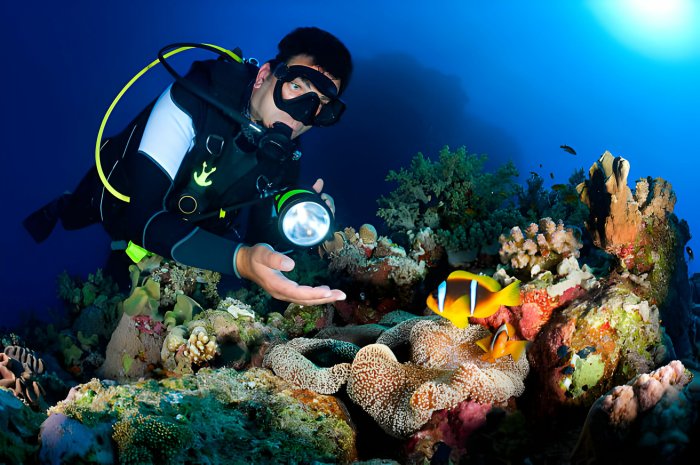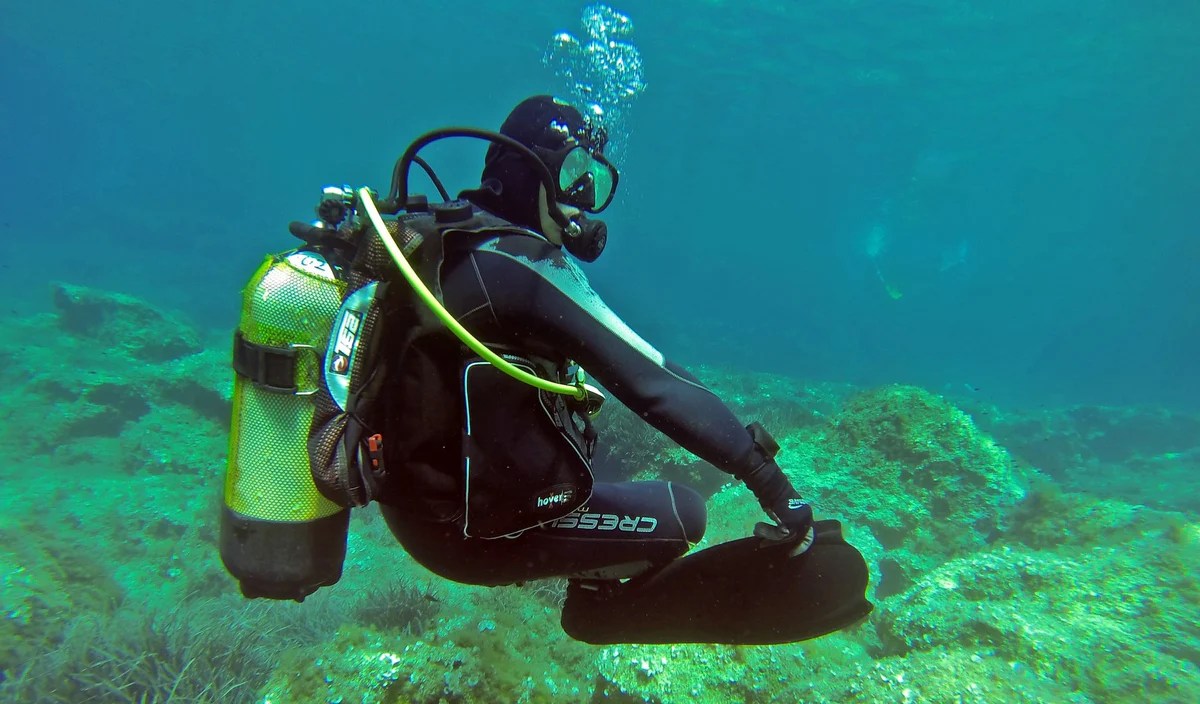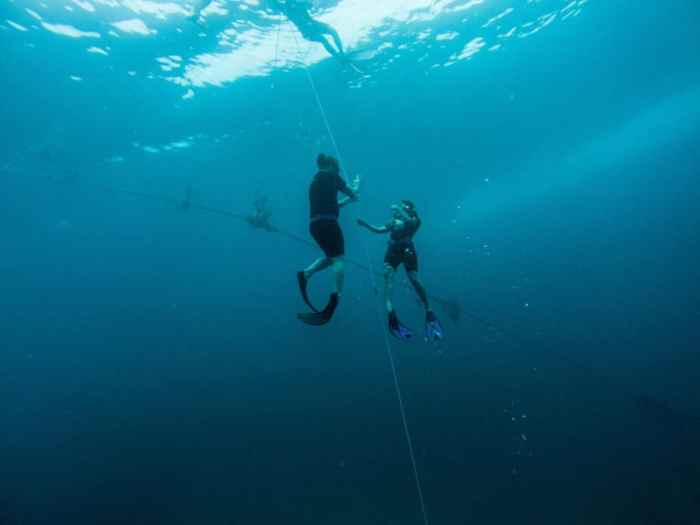I know I am properly weighted for diving if I can achieve neutral buoyancy, maintain a comfortable trim, and ascend and descend safely and effortlessly. Proper weighting is essential for a safe and enjoyable diving experience, and it can help to prevent accidents and injuries.
To determine your proper weight, you need to consider a number of factors, including your body composition, the type of diving you are doing, and the water conditions. There are a few different methods you can use to determine your weight, and each method has its own advantages and disadvantages.
Weighted for Diving
Proper weighting is crucial for safe and enjoyable diving. It affects a diver’s buoyancy, trim, and overall safety. Improper weighting can lead to buoyancy problems, increased air consumption, and even accidents.
Factors Determining Proper Weight
- Diver’s body composition
- Suit thickness
- Equipment weight
- Dive conditions (depth, water temperature)
Methods for Determining Weight

Saltwater Method
Immerse yourself in saltwater up to your shoulders. Inhale deeply and hold your breath. If you float, add weight. If you sink, reduce weight.
Freshwater Method
Similar to the saltwater method, but use freshwater instead. The difference in buoyancy between saltwater and freshwater requires more weight in freshwater.
Weight Calculator
Use an online or handheld weight calculator that considers factors such as body composition, suit thickness, and equipment weight.
Effects of Improper Weighting: I Know I Am Properly Weighted For Diving If I

Short-Term Effects
- Buoyancy problems
- Increased air consumption
- Fatigue
Long-Term Effects, I know i am properly weighted for diving if i
- Joint pain
- Muscle strain
- Increased risk of decompression sickness
Maintaining Proper Weight

Proper weight should be maintained throughout a dive. Factors that can affect weight during a dive include:
- Gas consumption
- Depth changes
- Suit compression
Divers can adjust weight by adding or removing weight from their weight belt or by using a buoyancy compensator device (BCD).
Query Resolution
How do I know if I am properly weighted for diving?
You know you are properly weighted for diving if you can achieve neutral buoyancy, maintain a comfortable trim, and ascend and descend safely and effortlessly.
What are the consequences of improper weighting?
Improper weighting can lead to a number of problems, including difficulty achieving neutral buoyancy, poor trim, increased risk of accidents and injuries, and discomfort.
How do I determine my proper weight for diving?
There are a few different methods you can use to determine your proper weight for diving, including the weight belt method, the buoyancy compensator device (BCD) method, and the pool test method.